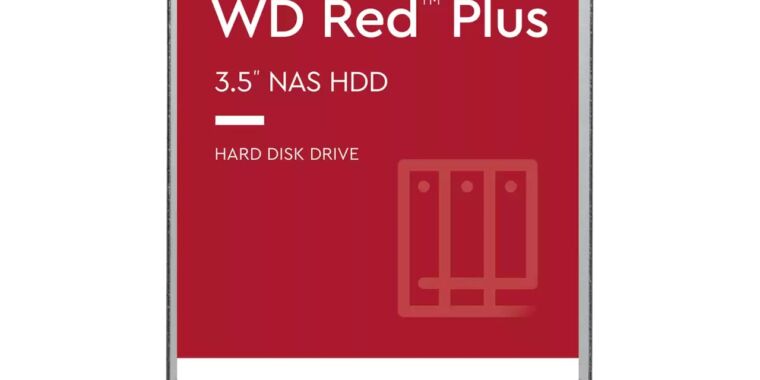- 15 Posts
- 12 Comments

 1·1 year ago
1·1 year agoProbably firearm safety training.

 2·1 year ago
2·1 year ago🤦♂️
Makes sense.

 1·1 year ago
1·1 year agoThere are worse places to land.
I’m finding Lemmy is like Mastodon: fewer people, but better conversation.

 8·1 year ago
8·1 year agoWait till you google Richard M. Stallman.
Whether it’s biotech or software, there’s always tension between creating incentives for innovation vs fostering wide availability and openness.
The Free Software / Open Source world exists on the openness side, and while some business (including Apple) have made a business while contributing to open source projects, there is sometimes a catch. For example, Google gives away the core of Android (the Android Open Source Project), but if an OEM wants Google Maps, Google Play, etc, they have to play by Google’s rules.
Anyone who tells you it’s just as easy to make a living selling free software (what GNU calls it) as it is selling proprietary software is full of shit. It’s not as easy. It can be done, and Open Source can be a selling point, but it’s nowhere near as straightforward as just selling a thing for a price. Copyrights, like the copyrights protecting iOS and macOS, let companies just sell a thing for a price. No bullshit.
Apple, like any corporate interest, has reason to support or oppose various laws. I’m an Apple fanboy as much as anyone, but I’ll readily admit they’re on the wrong side of history with right-to-repair. Apple’s an excessively litigious company. They’re bullies in some markets. But I still prefer their simple transactional value proposition, which is that you pay for goods and services. Software is a good.
Open Source software is great too, and often as good as the proprietary stuff, but a world without copyright (basically what he is suggesting) would have a very hard time promoting the useful arts. For that matter, Open Source licenses typically function through copyright law. The GNU GPL, for example, only works because it has copyright as a backstop if you refuse to accept the license.

 1·1 year ago
1·1 year agoThat’s kind of the risk with any technology. And I admit, it is the most likely way we lose control: someone will ask, “why does Apple let you turn off the child porn filter?” and the answers may not be enough for lawmakers or an angry mob.
That the same could be said of a great many tools that filter bad content, from spam filtering to DDOS filtering. Should a technology not be available to consumers based on a hypothetical? That’s just as bad.
If a technology exists to filter content I don’t want to see, who are you to tell me Apple shouldn’t sell me a device with that technology I want?

 1·1 year ago
1·1 year agoYes, there is potential for a slippery slope. And any filtering technology could be used for nefarious purposes. But this strikes me as pretty far from the slope and the purpose is clearly a good one. Remember you can always just turn it off.

 1·1 year ago
1·1 year agoI agree. For normies sick of online harassment, these filters are a huge win. Also for parents.

 0·1 year ago
0·1 year agoYou’d connect your computer literally to the phone line, such that if you picked up the phone, you’d just hear computer noises. That was called “dialup.”
But instead of dialing up to an internet service provider (ISP), you’d call a BBS, where someone else had a computer hooked up to a phone line, waiting for strangers to connect. Some BBS’s were professionally run and had many banks of modems and computers in parallel. Most BBS’s were run by volunteer amateurs who put a computer in a basement and hooked it up to a second phone line.
If the phone line was busy, someone else was on the BBS or it was out of phone lines. Your time was limited to avoid you hogging the line and there were sometimes quotas for uploads and downloads (you had to upload files to download files).
It was all 100% text-based. You could message other users (or users on other networked BBS’s), play some text-based games, share files, and post to forums. It was like the Internet, but local.

 1·1 year ago
1·1 year agoI actually think most “deep work” gets done best in some form of isolation, be it remote work or in a dedicated office. For most people I know in tech, their home days are their productivity days.
Unless Slack gets in the way.

 1·1 year ago
1·1 year agoI don’t believe there’s any actual data collection?














I think if you’re using Keepass/Strongbox, and using e2e iCloud encryption, that’s good enough for most users.
Just have a backup somewhere.